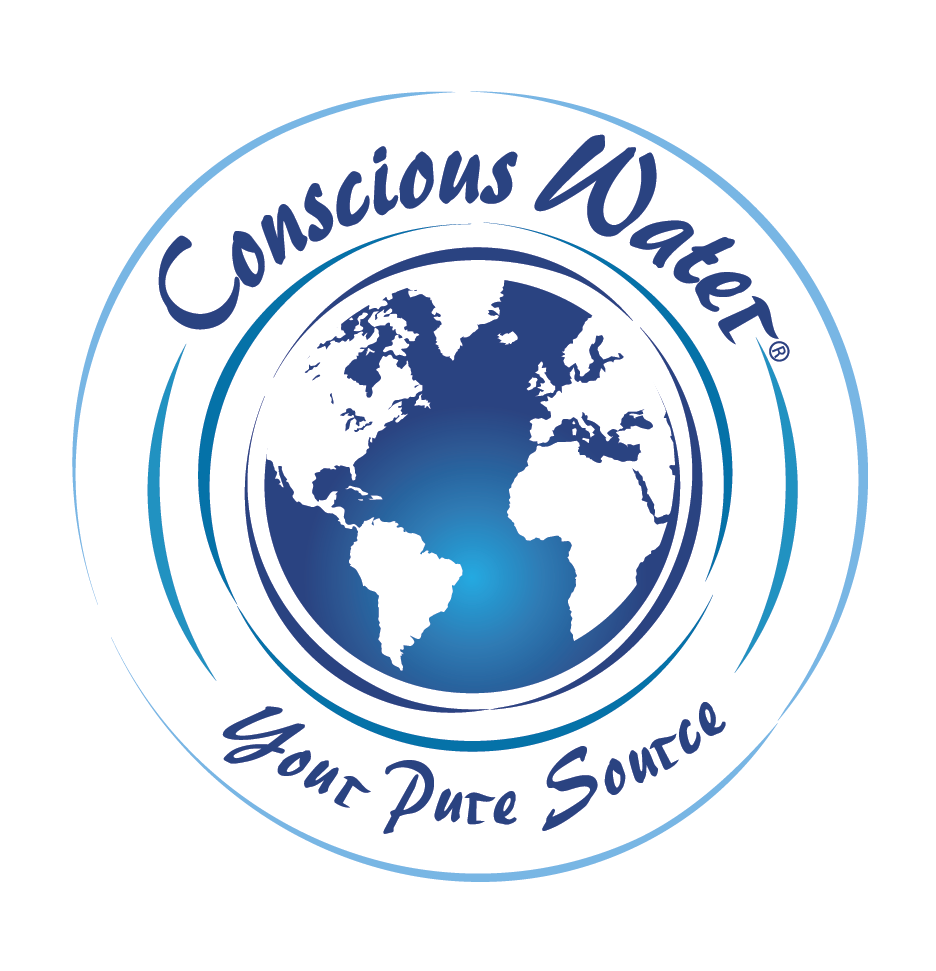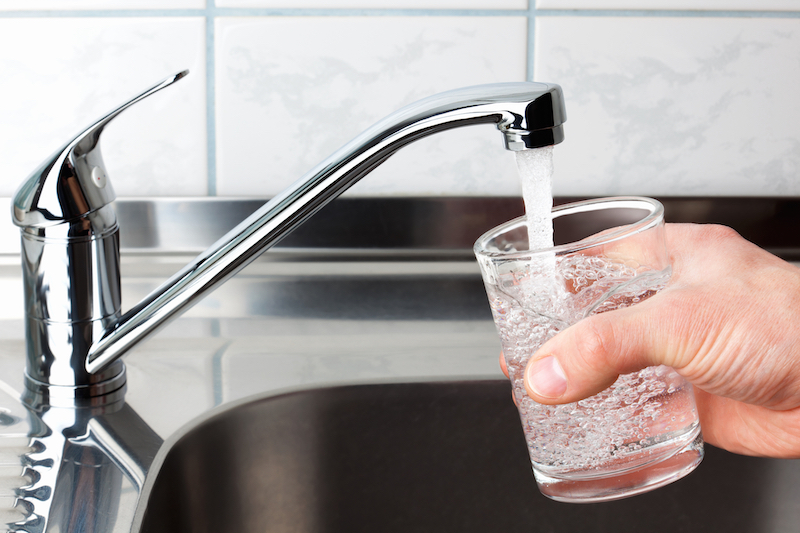People, who are focused on eating and living better can easily answer the question: “How much water should you drink throughout the day?”
Depending on who you talk to, this approximate amount is usually around eight 8-ounce glasses or 8-ounce bottles for optimal performance. Many factors can require an increase or a decrease of this recommended amount, including the level of activity and temperature. (We’re likely to need more water on warmer days or if we’re exercising). Some purists say our daily liquid intake should consist of only water, while others say that any beverage that contains water is an adequate substitute, including coffee or tea.
Generally, the preferred ratio is one gallon (4 liters) of water per person each day. Our body is mostly water, so it always needs to be replenished. Low water intake can cause fatigue and a number of other negative health conditions, while optimal amounts of water can have a wide variety of benefits, including a boost to brainpower.
Survival methods
While there’s general awareness about how much water people should be drinking, there’s not a lot of info and research out there about ways to safely store it and how much to keep around in case of emergencies.
The answer can be affected by your access to water during a disaster. You should be in good shape if your area’s water system continues to work even if other parts of the infrastructure are damaged. In these situations, it’s smart to consider adding a Berkey water filter to remove possible contaminations or impurities.
You also should be in better shape if you can stay put: having access to large containers of water that’s stored in your garage or backyard is more appealing than trying to load yourself down as you travel with water. Though you and any companions will eventually lighten your load with every water break, there’s still a lot of water to haul around.
Instead, preparing for disaster situations where water service is disrupted or tainted could mean making sure you always have access to a good, safe supply, including a Berkey water filter. A general rule of thumb is to have at least two weeks of food and water on hand, which is the general length of time for assistance to arrive in the event of a civil or natural disaster.
Storage
Some options for storage include:
- 5-pound plastic jugs, which are easy to acquire, easy to store and easy to move.
- Various-size barrels. These can provide larger quantities of water than smaller jugs. While larger ones like 55-gallon barrels can be bulky they also can be useful for collecting rainwater or being able to fill smaller containers.
- Cases. Assortments of individual water bottles can be kept throughout a home. Bottles also can be distributed easily and pulled out one at a time for activities like cooking or sharing with family members. They also can be saved and refilled if you have a safe source of water or even from your tap if it’s equipped with a Berkey water filter.
- (insert hotlink here)
Overall, although it’s sometimes a little scary to anticipate major disasters where the water supply could be impacted, planning ahead for future water needs could be a smart decision.


